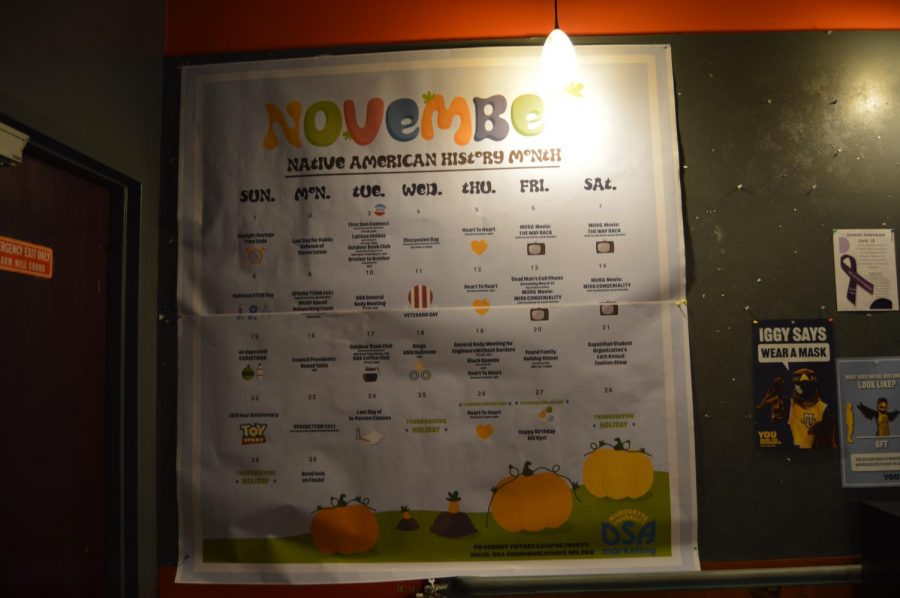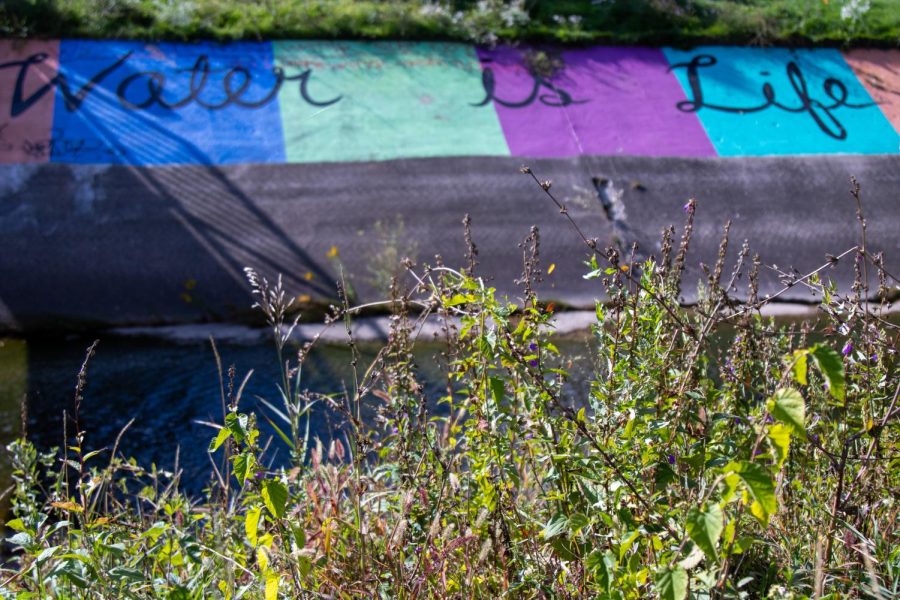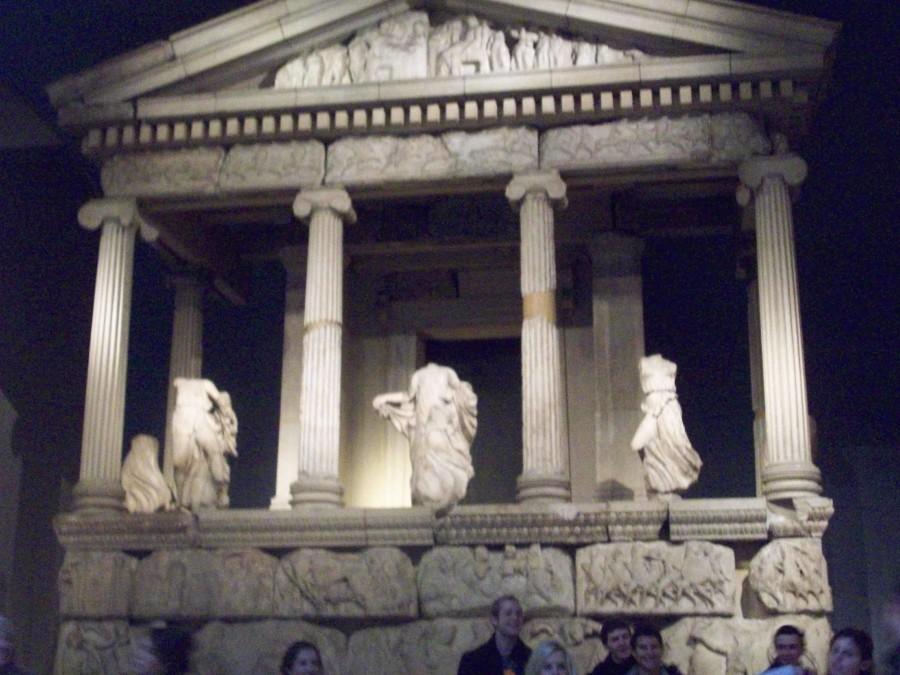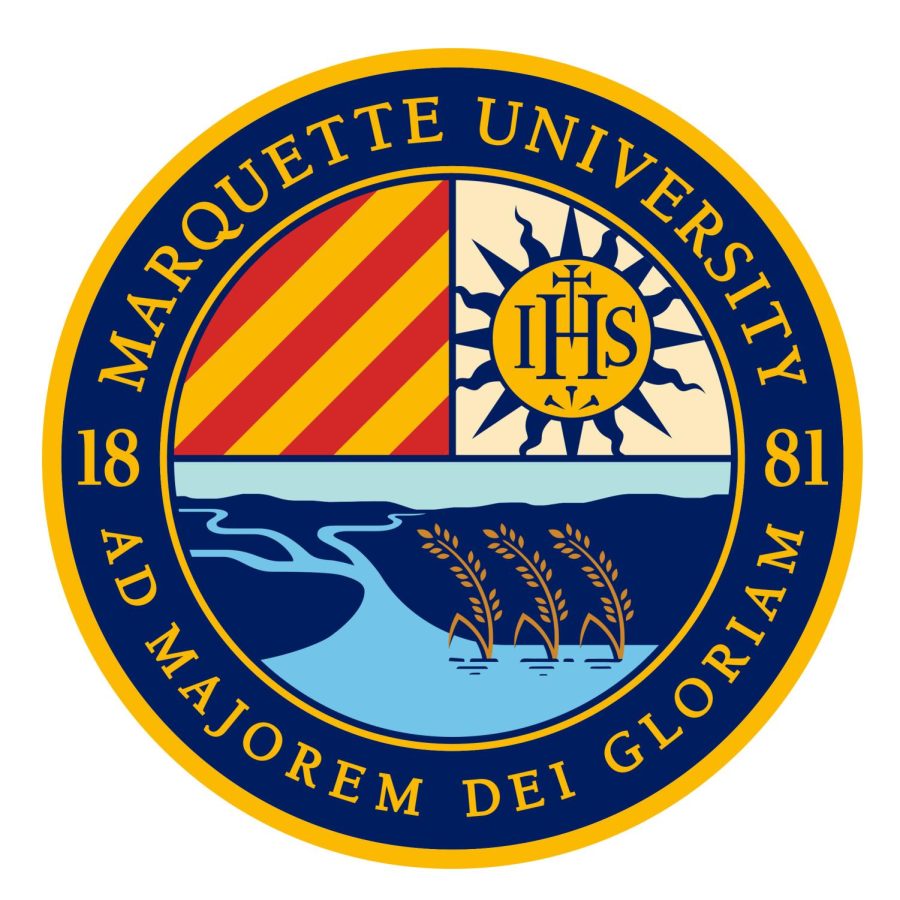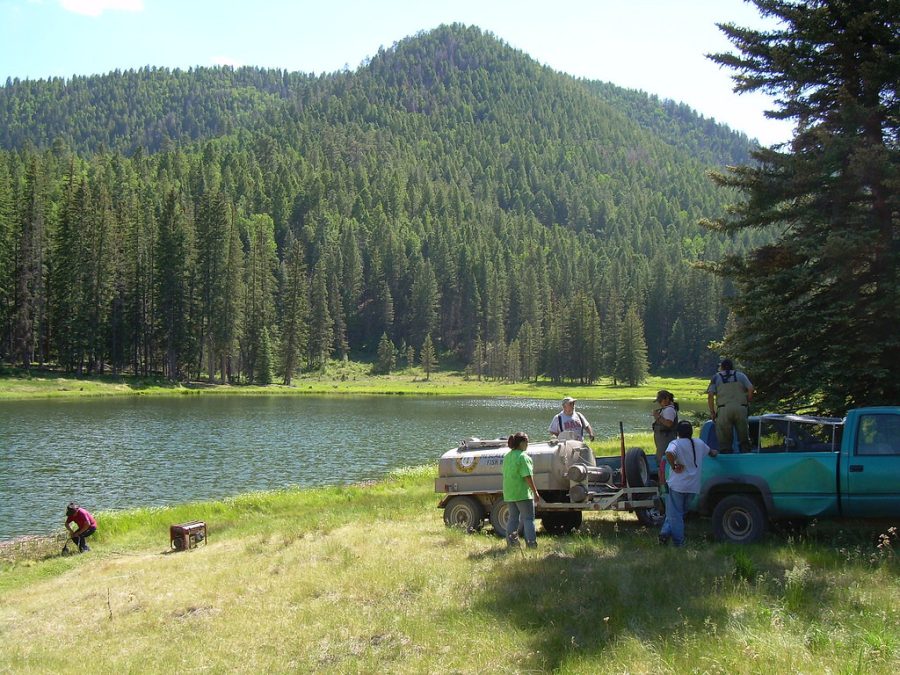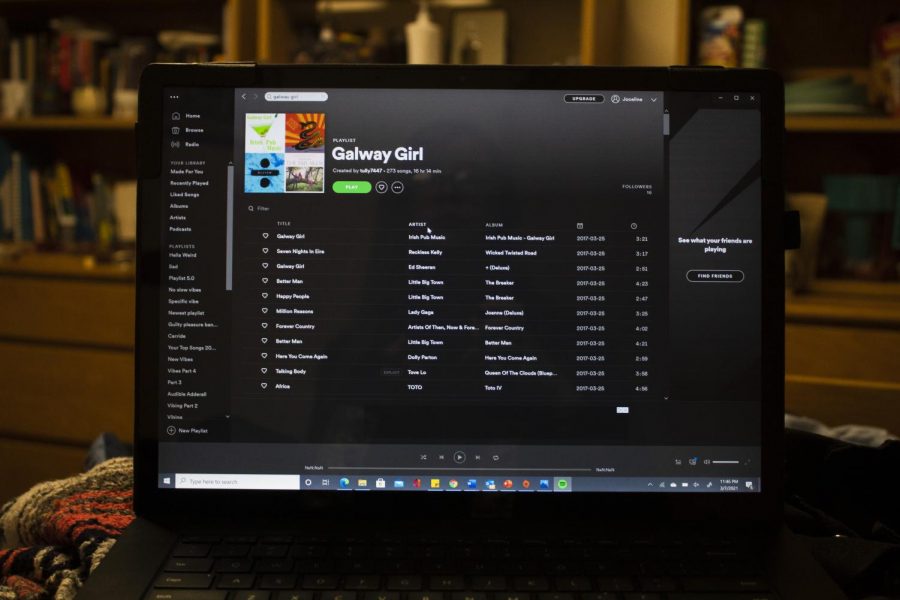The Marquette community must make efforts during Native American Heritage Month and after to learn about and support Indigenous communities on campus and in the Milwaukee area.
Native American Heritage Month first started as a week-long celebration to recognize the accomplishments of Native American communities in the United States after the U.S. Congress passed a joint resolution in 1986 requesting the president to proclaim the last week of November as “American Indian Week.”
Congress made this request again in 1987, 1988 and 1989. In 1990, Congress passed a joint resolution requesting President George H. Bush to establish November 1990 as “National American Indian Heritage Month.”
Since then, U.S. presidents have issued annual proclamations making November “National American Indian Heritage Month,” and in 2009 it was changed to “National Native American Heritage Month.”
Native American Heritage Month is a time to “celebrate rich and diverse cultures, traditions, and histories and to acknowledge the important contributions of Native people … and educate the general public about tribes, … raise a general awareness about the unique challenges Native people have faced both historically and in the present, and the ways in which tribal citizens have worked to conquer these challenges,” according to the National Congress of American Indians.
While the university depicts an Indigenous person on its seal, it is not doing enough to honor or support Indigenous students, faculty and staff. Using the image of an Indigenous person while failing to support Indigenous people on campus as well as not acknowledging that Marquette is built on stolen Native land is unjust. And moreover, the depiction of the Indigenous individual on the seal presents them as passive and subservient to Father Marquette. Marquette needs to be better.
According to the Office of Institutional Research and Analysis, there are only 16 Indigenous undergraduate students at Marquette as of the fall 2020 semester. As of the fall 2019 semester, there are only 5 Indigenous faculty and staff members.
The university must improve recruitment and retention of Indigenous students, as well as meet the rest of the demands presented by the Native American Student Association, such as changing the university seal, developing Indigenous curriculum and providing full tuition scholarships for a minimum of 30 Indigenous students over the next three to five years.
The Native American Student Association led a march from the Alumni Memorial Union to Zilber Hall where the organization held a sit-in Oct. 12, Indigenous Peoples’ Day. Though NASA sought to meet with University President Michael Lovell, the organization was told he was not in the building.
Two weeks later, Lovell finally met with NASA president and senior in the College of Business Administration Alex Liberato and other NASA representatives Oct. 21. Although Lovell agreed with the demands presented by NASA, no concrete actions were agreed upon at the meeting.
The university must follow through with its commitment to Indigenous students on campus and recognizing that the significance of Native American Heritage Month presents it with an opportunity to reflect on how Indigenous students, faculty and staff are being treated.
While efforts to support Indigenous communities on campus should not be isolated to a single month, the university should use this month to strengthen commitments, highlight the accomplishments and take responsibility for previous unjust behavior and practices.
Marquette should also make efforts to engage students in Native American Heritage Month beyond posting a calendar with university events and “Native American Heritage Month” printed at the top. The university should encourage students to learn about Indigenous communities’ history as well as existing traditions in the Milwaukee area, such as holding more events like Soup with Substances, which are Campus Ministry sponsored events that create space for discussion about social justice topics.
It is necessary that all members of the Marquette community spend Native American Heritage Month learning about Indigenous cultures and histories as well as take action to address to injustices Indigenous communities are experiencing on and off campus. We should use this month as a starting point to recognize and honor Indigenous communities of the past and present and make sure Indigenous people are supported on campus.
Editorial topics by the Marquette Wire are decided at weekly meetings between members of the executive board. The editorial is crafted with leadership by the executive opinions editor. The executive board consists of the executive director of the Wire, managing editor of the Marquette Tribune, managing editor of the Marquette Journal, general manager of MUTV, general manager of MUR and nine additional top editors across the organization.

